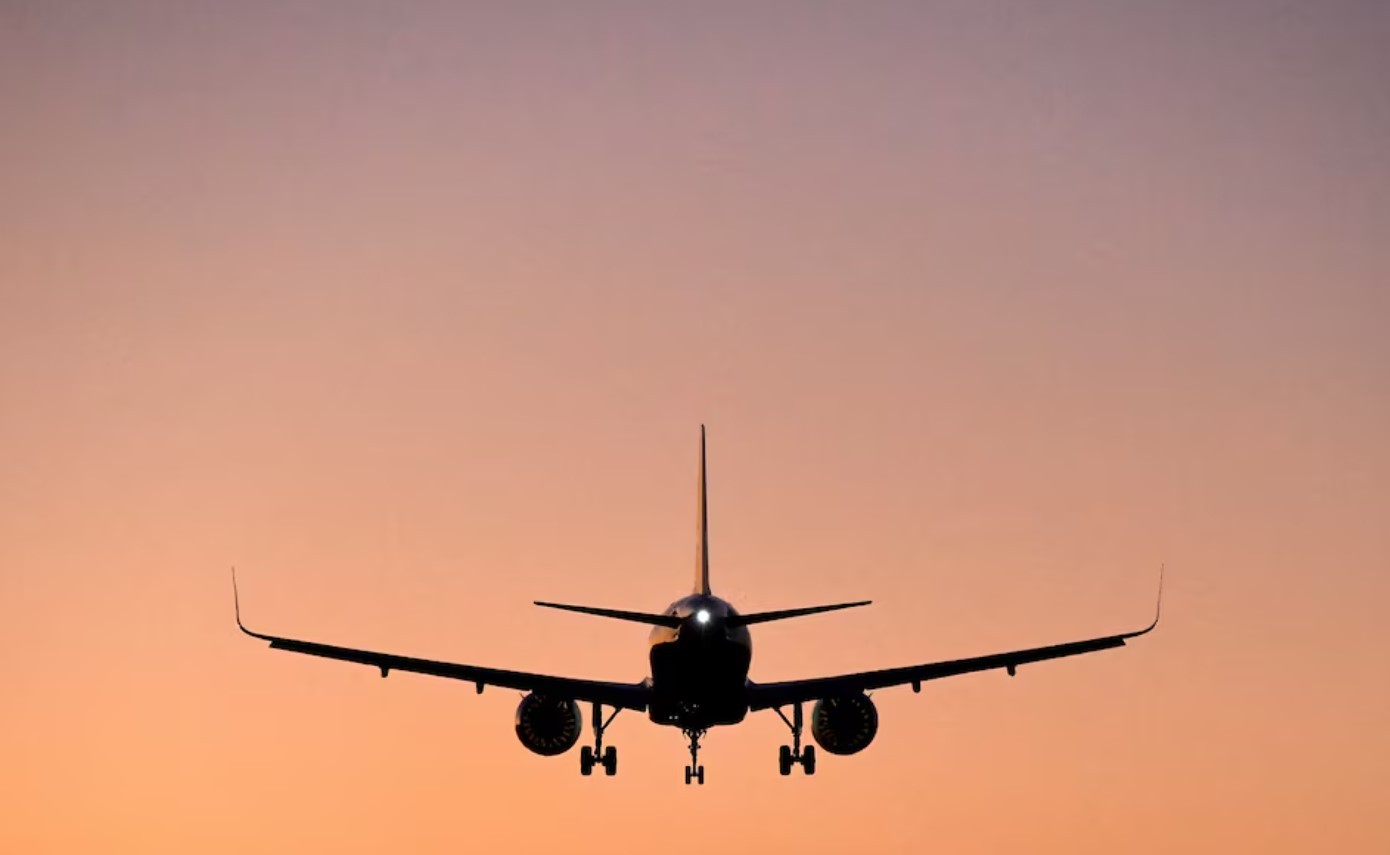The new air traffic control centre which opened in the Nicosia district village of Kokkinotrimithia on Wednesday is “important for our national identity and for the future of our country”, President Nikos Christodoulides said.
Speaking at the centre’s inauguration ceremony, he said it “substantially enhances flight safety, the credibility of our state, and the regional role of our homeland as a pillar of security and stability in the eastern Mediterranean”.
“It is a tangible result of an integrated policy which aims to upgrade infrastructure, enhance connectivity, and build a modern, resilient, and safe country,” he said.
To this end, he described the new centre as “the ‘brain’ of air traffic”, and said it “enhances, together with the international airports, the safety, efficiency, and connectivity of our homeland”.
He went on to speak of “modern equipment, advanced technologies, and highly trained personnel”, and said the new centre is “not only about technology, but about trust”.
“The Nicosia flight information region [FIR] covers a wider area of strategic importance in the eastern Mediterranean, where geopolitical challenges remain intense. I remember that, within the framework of negotiations we had for the resolution of the Cyprus problem, the Nicosia FIR was a part of the difficult discussions,” he said.
This, he added, was “because some were attempting through the negotiations to secure a part of the Nicosia FIR because it is precisely an important comparative advantage for our homeland”.
“Within this difficult framework of challenges in the region, the Republic of Cyprus chooses … to be a source of stability and cooperation, ensuring the unhindered flow of air traffic and the continuation of international air connections, even in difficult periods,” he said.
An example of this, he said, was the “recent crisis in the region” when a conflict broke out between Iran and Israel over the summer, and Cyprus “took on an increased flight load, always safely serving tens of thousands of diverted flights”.
He said this “demonstrated the seriousness, readiness, and reliability of the Republic of Cyprus’ services”.
Now, he said, the new centre and its “modern infrastructure” constitute “a message of consistency and reliability to everyone, including Turkey, which unfortunately continues to act outside the framework of cooperation provided for by international relations”.
“Despite any challenges, however, the Republic of Cyprus remains … committed to air traffic safety and constantly calls for cooperation for the daily management of flights,” he said.
He went on to say the centre is “part of a broader plan to strengthen the infrastructure which adds substantial value to the economy of our country”.
In September 2024, the transport ministry announced that the air traffic control centre would be finally moving to its new premises in Kokkinotrimithia, a €16 million building that has been empty since it was built 15 years ago.
It said then that infrastructure was ready and technical systems had been installed and that the move would take till the end of 2024.
The systems installed in the new control centre will serve increasing air traffic in Cyprus for the next ten or more years.







Click here to change your cookie preferences